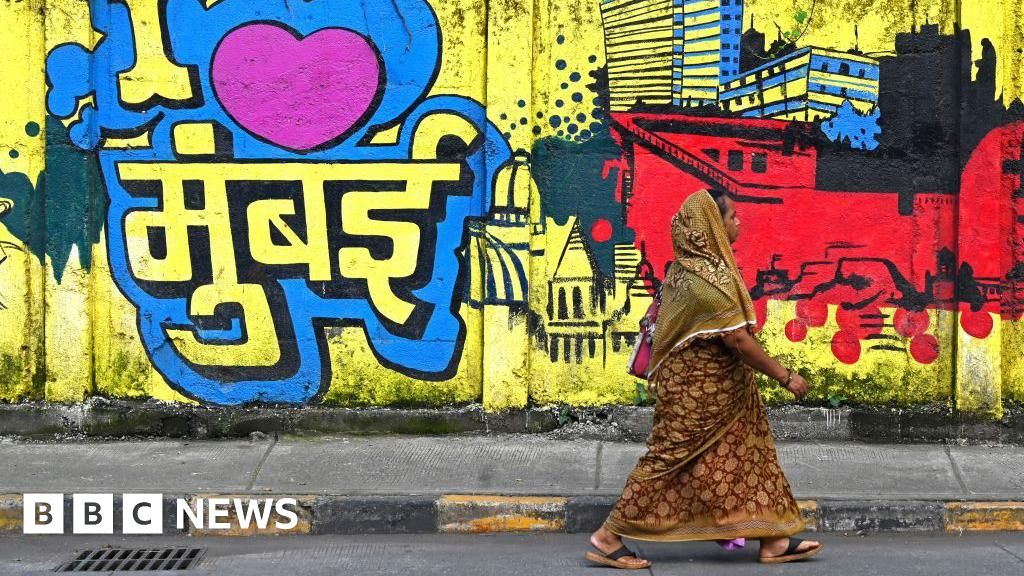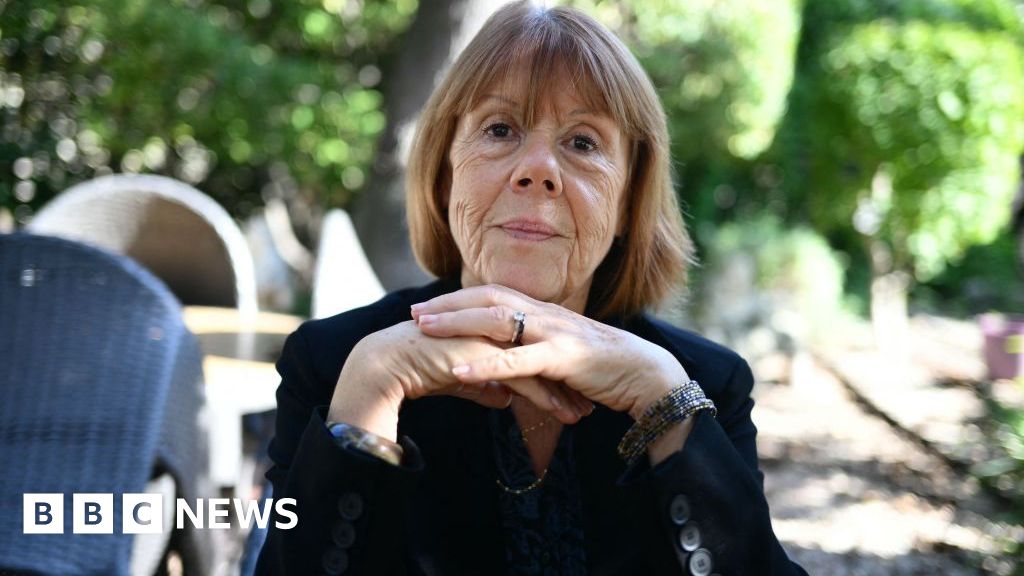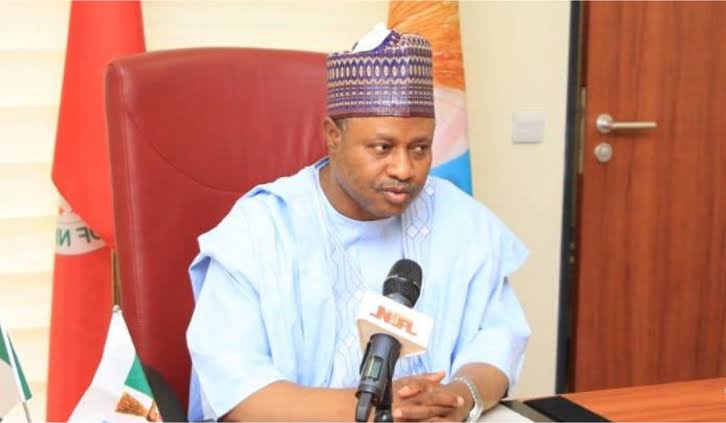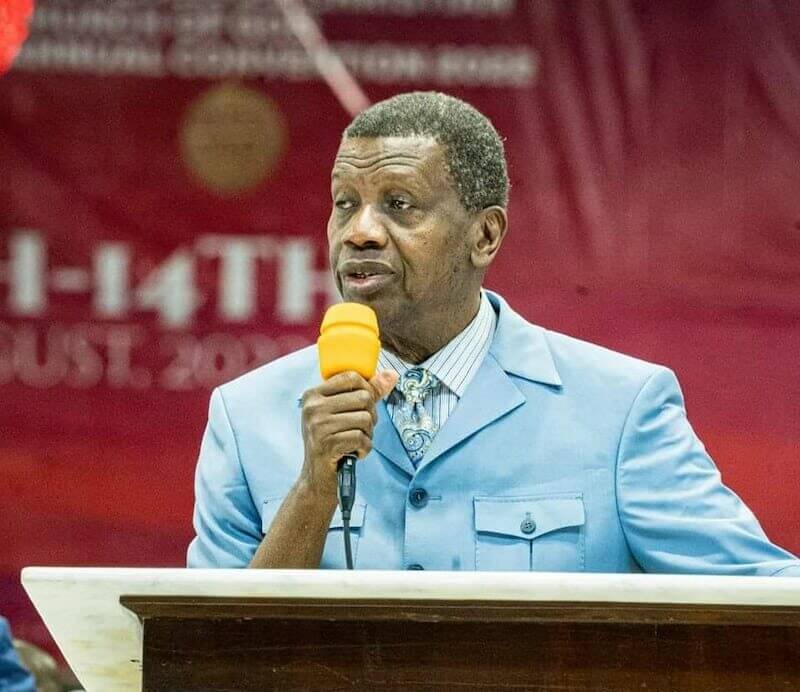Nigerians in the academic and non-academic world, has called for the designation of Nigerian and Africa’s first Nobel Laureate Wole Soyinka, as the nation’s National Poet.
The call was made at a colloquium held by the University of Abuja’s Center for Wole Soyinka Studies on July 22.
Who is a national poet? Does Soyinka qualify as one?
A national poet or a national bard is a poet (or non-poet) held by tradition and popular acclaim to represent the identity, beliefs and principles of a particular national culture. Good illustrations are the UK’s William Shakespeare, and Ireland’s James Joyce.
Former director general, National Theatre, Professor Sunday Ododo, believes that Soyinka is not just a household name, but one that attracts both positive and controversial attention, without diminishing his relevance.
Beyond his writings which traverse genres of literature (dramas, poetry, prose and essays), speaks to the present and are prophetic, “he dons his political cap, joining politics to press home his point. Forms a civil society to engage government, and, above all, promotes Nigerian culture.
“From his Yoruba traditional viewpoint, he instructs the world. He is not only known worldwide, and that is something of pride for Nigerians. That’s why we should celebrate him,” said Ododo.
Professor of Drama and Critical Theory, Alex Ekwueme University, Ebonyi State, Ameh D. Akoh, said besides Aristotle and Frederic Nietzsche, Soyinka alone presented an original philosophy on Tragedy and Existentialism via his Ogunian Theory, which parallels both men’s tragic theory.
Drawing from his Yoruba background, Soyinka in his article The Fourth Stage – whilst acknowledging the three worlds of existence (The World of the Living, The World of the Dead, The World of the Unborn) proposed a fourth and often ignored world – the Gulf of Transition – which every soul requires in order to transition and reincarnate. The inability of man to bridge this world, which is timebound and sacrificial in nature, in whatever he does, leads to tragedy.
Akoh said just as in his play Death and the King’s Horseman, and Dance of the Forest, Soyinka reinforces the idea that a leader must have the Ogunian spirit, to lay down his life for the people.
“My interpretation is that that disappointment writers feel when their message isn’t heard is what drove him into full activism, and to get involved in politics.”
But why Soyinka? Why not other literary icons from other parts of the country who promoted Nigerian cultures and African society?
Ododo responded, “a successful culture, has to be successful as an ethnic culture before it gains national prominence. We promote three main cultures in Nigeria. If Soyinka writes from Yoruba culture which is his background, it is a Nigerian culture.”
He further noted that the Nobel Laureate had written other works like Dance of the Forest which portrays other cultures. A fact, that he said requires research and skill to do without being offensive.
The issue of Soyinka’s recent politics, which for all appearances leans towards a government that is unpopular with many Nigerians, particularly the youths, was raised by the attending students.
Here, Akoh chalked that up to his humanity and age. “Don’t look at Soyinka as a saint without taint. He has personal relationships. For those of us who know, Tinubu has been his friend for ages. He is his friend. Now, if he starts to become the mouthpiece of the government, then, we can accuse him. “Age is not backsliding, it is understanding. Age comes with understanding of people’s conditions.”
Speaking on the focus of the colloquium, acting director of the center and lecturer Department of Theatre Arts, Olabodewale Ojoniyi said whilst Soyinka is presumed to be a national poet, Nigeria stands to gain more with his formal designation as one.
From debunking the misinformation that all of his writings are indecipherable to the Nigerian public and students to making his works accessible in the glocal market; from promoting researches and publications that highlight his contributions in the promotion of Africa culture, cultural mediation, cultural understanding among others, to boosting local tourism via the commercialization of memorabilia’s from his writings and productions, and the attraction of international scholars to the center in Nigeria.
“There is so much we can benefit with designating Soyinka as Nigeria’s National Poet,” said Ojoniyi.

 3 months ago
4
3 months ago
4



![[LIVE UPDATES] #OndoDecides2024 : INEC begins collation of results](https://cdn.punchng.com/wp-content/uploads/2023/07/11134108/INEC.png)












 English (US) ·
English (US) ·